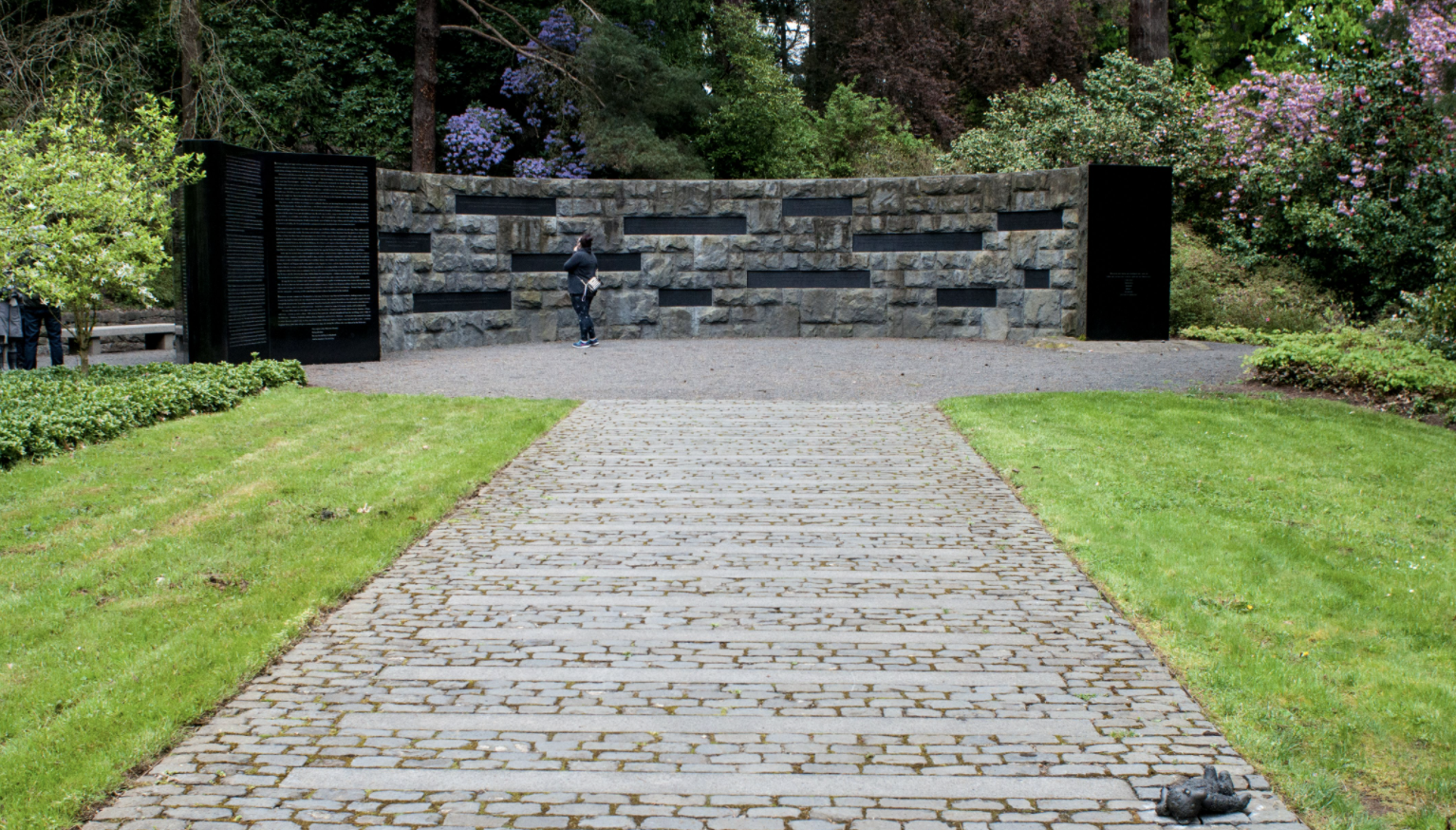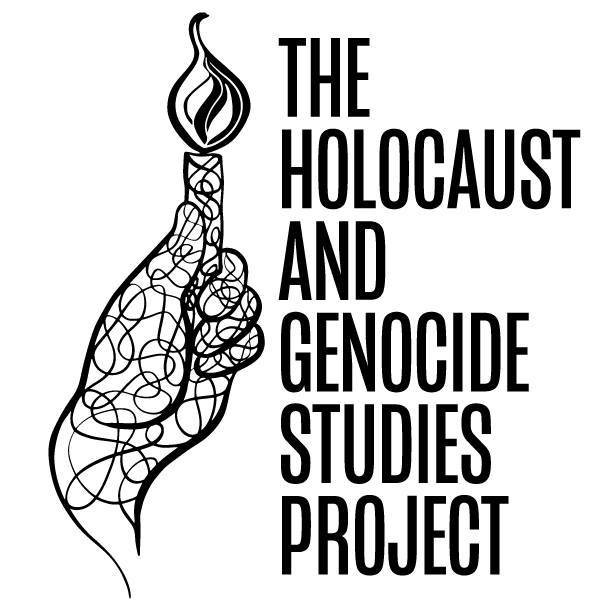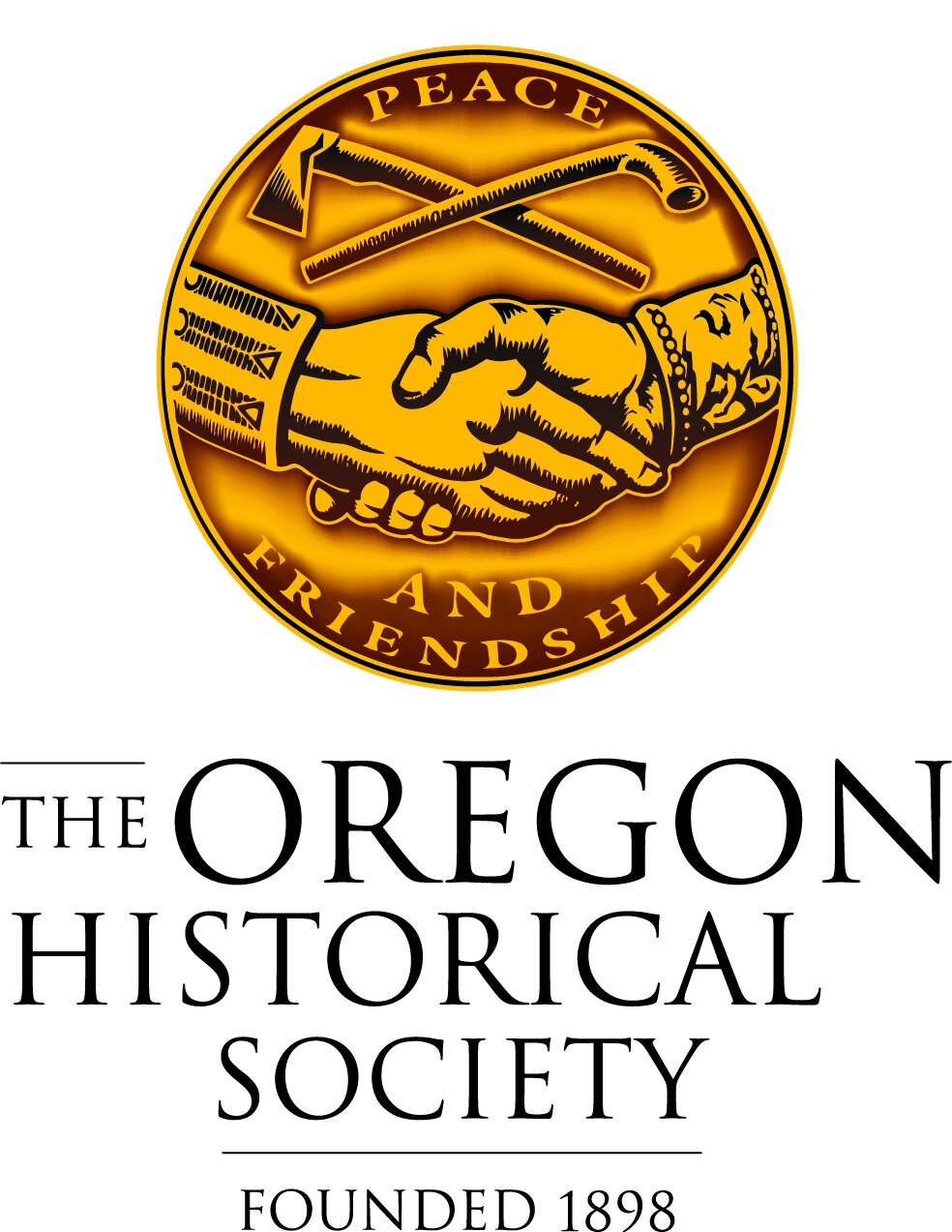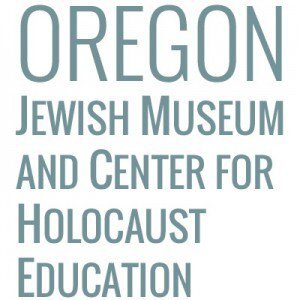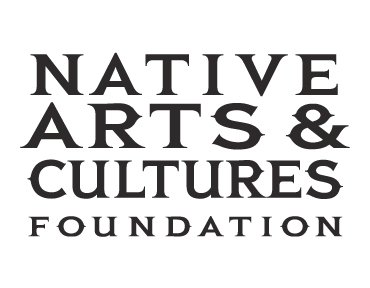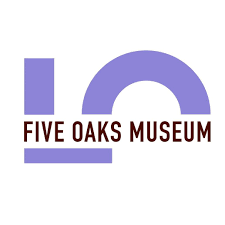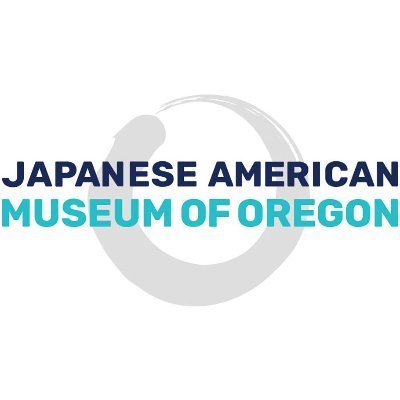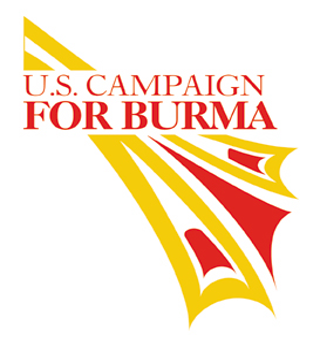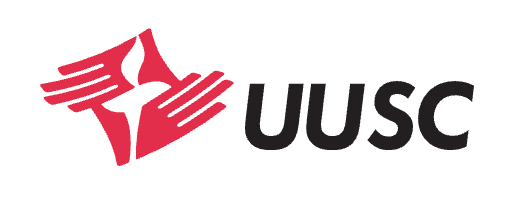In the face of cultural erasure, what can a community do to ensure the survival of its core identity? What are the shared responsibilities of the greater community? This series of events was organized in honor of Genocide Awareness and Prevention Month, exploring historical attempts at erasure of various communities’ ancestral cultures, the lived consequences of existing within ongoing erasure, and the radical resilience communities are exhibiting to not only secure survival but to thrive.
Events included:
Resisting Cultural Erasure in America
A conversation with Jennifer Fang and Barrett Holmes Pitner
April 7, 7pm PDT
This event has already happened. Watch the recording.
Ethnocide, a word first coined in 1944 by Jewish exile Raphael Lemkin (who also coined the term "genocide"), describes the systemic erasure of a people’s ancestral culture. Just as the concept of genocide radically reshaped our perception of human rights in the twentieth century, reframing discussions about race and culture in terms of ethnocide can change the way we understand our diverse and rapidly evolving racial and political climate today. Join us for a conversation with author Barrett Holmes Pitner and historian Jennifer Fang on ethnocide in America, and its particular impacts on Black and Chinese Americans, who have endured that erasure for generations. Pitner and Fang will discuss the personal lived consequences of existing within an ongoing erasure—and how to combat it.
Restoring Culture to Combat Genocide: Rohingya Stories of Hope
A conversation with Yasmin Ullah and Max Frieder
April 14, 12pm PDT
This event has already happened. Watch the recording.
The Rohingya of Burma have been called the most persecuted community on the globe. For decades, the Burmese military has sustained a genocidal campaign aimed at erasing the Rohingya through any means possible, including the stripping of rights - education, worship, livelihoods, citizenship and more. In the face of this relentless campaign, the Rohingya within Burma and throughout the world have persevered. Join us for a discussion with Rohingya activist Yasmin Ullah and Artolution executive director Max Frieder about the work that Rohingya refugees in Bangladesh are doing to restore culture through creative projects and finding stories of hope despite the obstacles and struggles the community faces.
Tools of Survival: Tribal Education, Relationships, and Sovereignty in Oregon
A conversation with Lisa Watt and Brent Spencer
April 21, 12pm PDT
This event has already happened. Watch the recording.
Since the early 1800s, Native peoples in the place that became Oregon have used a variety of tools to resist genocide and cultural erasure. The U.S. government and the dominant culture have employed practices including land theft, violence, boarding schools, political and economic discrimination, and termination policy in repeated attempts to destroy tribes and their cultures. Because of the power of Native resistance, those attempts have failed. Today, tribes in Oregon are working to heal from the centuries of trauma while forming relationships with and educating non-Native organizations, students, and neighbors about the histories, cultures, and governments of their people. Join us for a discussion with Lisa Watt and Brent Spencer about what Tribes have been forced to do to survive and how they are utilizing education, relationships, and sovereignty to maintain their cultures and benefit the broader community today.
Yom Hashoah: Reading of the Names
April 28, 10am-5pm PDT, Pioneer Courthouse Square
Every year on Yom HaShoah, the Day of Remembrance, communities around the world uphold the memory of victims of the Holocaust through the Reading of the Names, a public recitation of Holocaust victims’ names, ages, and birthplaces. On Thursday, April 28, Oregon Jewish Museum and Center for Holocaust Education will sponsor the Reading of the Names at Pioneer Courthouse Square. A selection of community members and elected officials will be reading the names of those murdered in the Holocaust.
Rising Up for Human Dignity: Resisting Cultural Erasure is presented in partnership with:
Rising Up Logo by David Friedman



